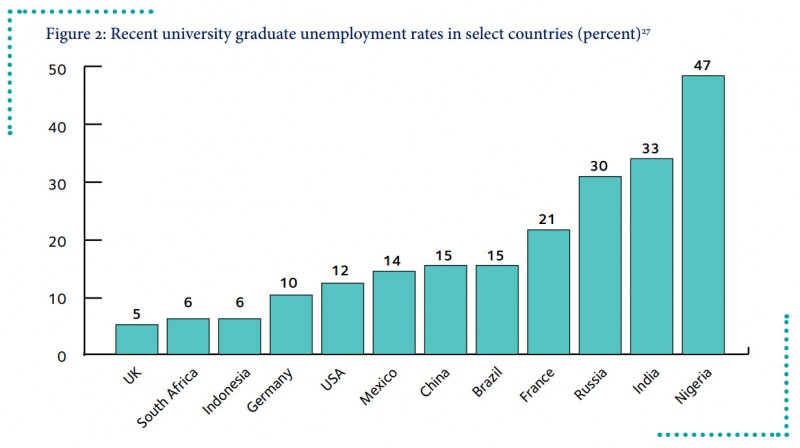Why Africa
Africa’s rapidly increasing population of youth is projected to be over 830 million by 2050 (UNDP, 2017), with an average age of youth population estimated to be 25 years of age by 2046, making up nearly half of the population of many African countries in the next three to five decades.

Currently, Africa has nearly 420 million young people but more than 140 million are unemployed and another 140 million are vulnerably employed (African Development Bank, 2018). The growing spate of youth unemployment is conceivably an indication of failure to make good use of Africa’s greatest human resource for economic growth and productivity.

According to The Africa Competitiveness Report put together by the World Economic Forum, The World Bank and The African Development Bank, there is a growing international attention focused on Africa as an investment destination and mounting talk of an African economic renaissance.
The report emphasized the enthusiasm in global players driven by ten years of increased strong growth in Africa amidst the global economic crises that other continents of the world have faced. With over a billion people and averaging GDP growth rates of over 5 percent in the last decade, it is a business destination of immense potentials.

Africa faces incredible challenges on every front: over 600 million Africans don’t have electricity; Africa currently generates over 100 million tonnes of waste yearly with less than 10 recycled or re-used; of the 25 poorest countries in the world, only four are not African; over 200 million Africans experience hunger and are critically undernourished; over 100,000 children die every year due to poor water and sanitation and the long list of challenges continues.
But these challenges provide huge opportunities for innovations, business development and societal transformations.
With many International MBAs being too expensive, non-flexible, requiring qualification from top universities and extensive work experiences, the huge opportunities and potentials of the African youth cannot be realised.
This is what the Real World Skills MBA is designed to address.


